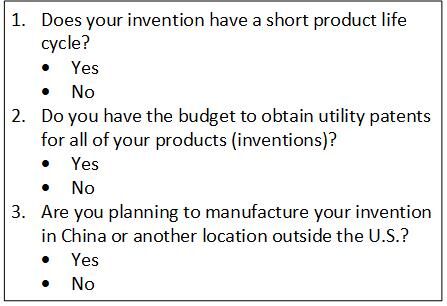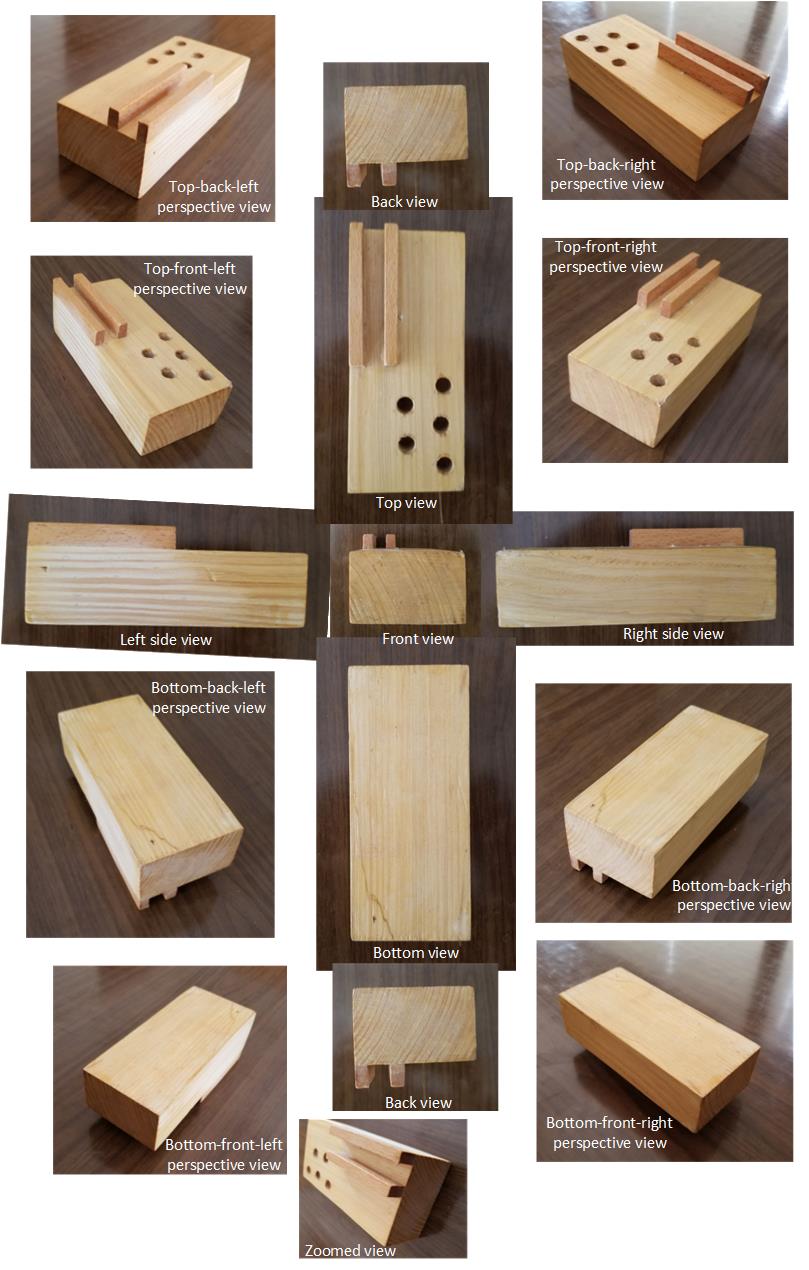
Is a Design Patent Right for Your Invention?
- IP DaVinci
- Article
- June 6, 2025
Table of Contents
Is a Design Patent Right for Your Invention?
A Strategic Checklist for Patent Attorneys Counseling Product-Focused Clients
Design patents are often overlooked — or misunderstood — by inventors and even some practitioners. But when used strategically, they offer fast, cost-effective, and powerful protection for product appearance, user interface elements, and aftermarket parts.
This guide equips patent attorneys with a practical, client-facing checklist to quickly assess whether a design patent application is worth pursuing. It doubles as a conversation starter during intake or IP strategy sessions.
✅ Design Patent Fit Checklist
For each “yes,” the case for design patent protection strengthens.
1. Is visual appearance a key selling point?
If the look of the product drives consumer interest or brand identity, design protection may be essential — not optional.
- Think: consumer electronics, footwear, kitchenware, furniture.
2. Does the product have a short commercial lifespan?
Design patents typically issue within 12–18 months, making them ideal for fast-moving goods where market windows are tight.
- Examples: trend-driven consumer goods, seasonal accessories.
3. Is a utility patent cost-prohibitive?
Design patents are significantly less expensive — making them a viable fallback or bridge for budget-limited clients who still want enforceable IP.
4. Is the invention mainly about form, not function?
No novel utility? No problem.
If the innovation lies in shape, contour, or ornamental features, a design patent may be the only viable protection path.
5. Will it be manufactured overseas?
Design patents deter unauthorized mold/tooling reuse, especially by overseas factories (e.g., China-based manufacturers).
- Use this protection to anchor customs actions or cease and desist efforts.
6. Are you filing a provisional utility application?
Be careful: design applications can’t claim priority from provisional filings. Consider parallel filing to preserve rights.
7. Are aftermarket or replacement parts involved?
Design patents on parts — even small ones — can create enforceable exclusivity.
- Ideal for: auto parts, cartridges, consumables, accessories.
8. Is the product consumer-facing?
The closer to the end user, the more design matters. Visual protection helps enforce your client’s market position.
9. Are you trying to protect UX or screen layouts?
Design patents can cover graphical user interfaces (GUIs), icons, screen transitions, and app visuals — a growing IP battleground in tech.
10. Do you want near-term enforceability?
Compared to utility filings, design patents offer quicker enforceability, making them valuable in time-sensitive product launches or copycat-prone markets.
11. Is trade dress part of the long game?
A design patent grants exclusive rights immediately, while trade dress protection builds slowly. Use design protection to bridge the gap.
12. Are you pursuing layered protection?
Savvy attorneys often combine utility and design patents to lock down both function and form — especially when asserting in litigation or licensing negotiations.
💡 How to Use This With Clients
Use this checklist during early consultations or as a downloadable worksheet. It works well in:
- Pitch decks and strategy calls with inventors
- Disclosure meetings to assess what’s protectable
- Client intake forms for new product filings
🚀 Make Design Filings Fast — and Error-Free
STIPPLES by IP DaVinci delivers precision drawings — fast.
- ✅ Auto-generated from 3D models or photos
- 🖋️ Ready-to-file USPTO-compliant figures
- 🚫 No missing views or inconsistent geometry
- 💼 Save hours on prep and response time
📸 Turn Product Photos Into Powerful Design Filings
Cut delays, increase accuracy, and give clients stronger coverage from the start.
Bottom line: If a client’s invention scored multiple “yes” answers above, they may be leaving value on the table by skipping a design patent.
Use this checklist to help them make a smarter filing decision — and protect more than just function.
